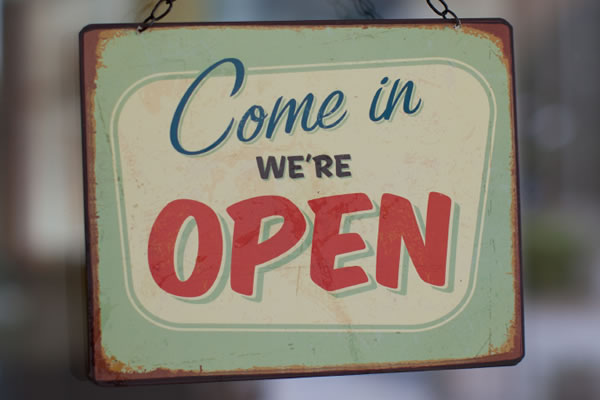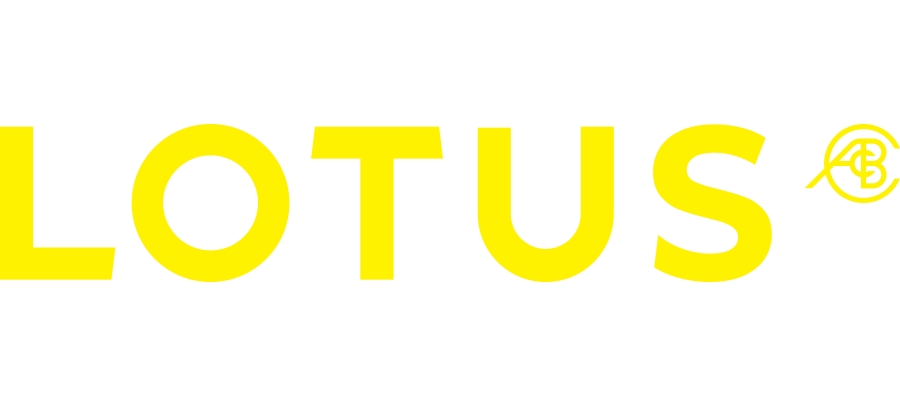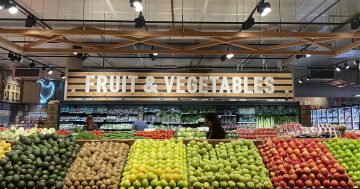
As Federal Government Department’s continue to slash away at their APS number though voluntary and involuntary redundancies, the future of the economy of Canberra is looking unstable, particularly in the arena of small business.
Over the past 5 years there’s been a noticeable difference in the way locals are embracing and investing in small local businesses. It’s made areas such as Braddon and New Acton such a success and events like the Handmade Market a must on most people’s calendar.
Locals seem more willing to buy bread from Autolyse rather than Baker’s Delight, coffee from Two Before Ten instead of Gloria Jeans and clothing from Assemblage Project rather than Cotton On.
I personally make a conscious decision to consider local options before going to big businesses. Sometimes my choices are driven by price, but most of the time the quality and unique qualities of buying local win every time.
What happens when those who are left without jobs start to tighten their belts? The first things to go are usually the luxuries such as Sunday breakfast at a café, buying locally made bread or a new piece of art for the home from a local artist. Instead of going to the Bus Depot Markets people will consider their wallets and head to Aldi instead.
People without jobs or with considerably lower paying jobs will be forced to make choices based on cost, which is usually when big businesses win. They can mass produce and source lesser quality materials or labor internationally allowing them to slash their prices compared to local businesses.
While local businesses wish they could compete with big business prices, the reality is they can’t. Nor should they have to when the majority of the time and the quality vastly outlasts that of big business, which in the long run makes things cheaper, but when you need something NOW consumers tend to pick the cheaper option.
What’s in-store for local businesses as the current Government starts to slash more and more jobs as the years go on?
I’ll be honest, I was once a public servant and am now a local business owner and I am bracing for the economical change that’s about to happen to Canberra. Canberra has become such a great support of local from produce, to cafés and restaurants and most recently locally produced and designed fashion.
While I can’t control what people spend their hard earned money on I can advise that if you can don’t cut out local entirely. If there’s a café, butcher, artist or anything local that you love, the best way to show it is buy buying. This helps keep their doors open and keep them in business through this impending downturn.
Tell us who your favourite local businesses are in Canberra.





















